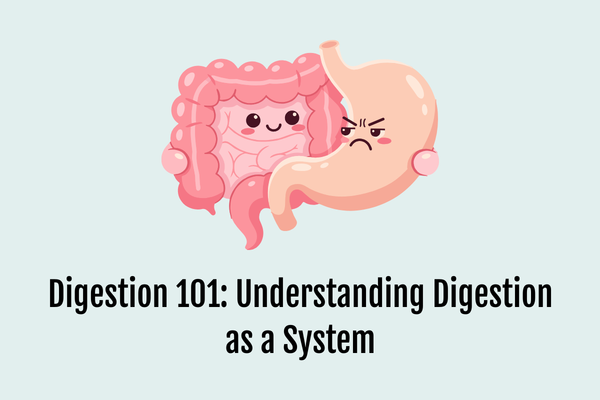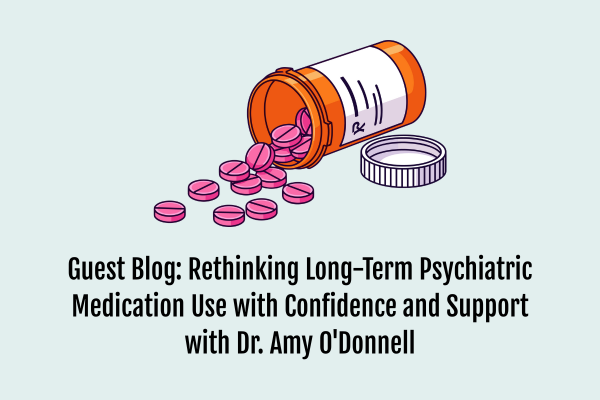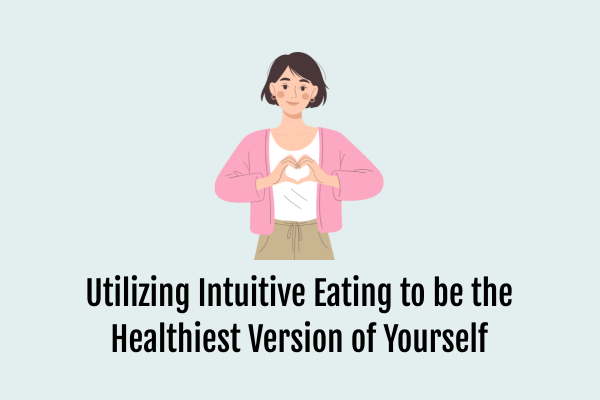By: Ava Elliott, Marketing Intern
Reviewed by: Devon Kroesche, MS, RDN, LDN
Carbs often get a bad rap. They are described as “unhealthy” or “bad” for you. Let’s clear up this confusion because carbs nourish your body. Read that again, please. Carbs are nourishing to the human body for many reasons. For example, carbohydrates are turned into glucose to use as energy for your body.It can be misleading on social media or by word-of-mouth when someone says you should cut carbs out of your diet. However, they are one of the five major food groups and an important macronutrient (others include fat and protein). It is vital to balance your dietary intake and eat from all the major food groups. First, I will discuss the distinct types of carbs. Then, I will emphasize the importance of eating the rainbow and having a variety of nutrients in your diet.Types of CarbsTo begin, there are two distinct categories of carbs: simple and complex. Simple carbs consist of sugars, whereas complex carbs consist of starches and fiber.SugarsSugars are simple carbs that include natural sugars and added sugars. Simple carbohydrates break down quickly in the body and give us quick energy. Furthermore, natural sugars include those naturally occurring in whole foods like fresh, whole fruits or in milk. Added sugars are added to foods for flavor and include things like canned fruit or fruit juice, ice cream, and baked goods.Tip: Limit foods that are refined and high in added sugars from sugar-sweetened beverages, candy, and white flour and instead focus on getting a healthful balance of natural sugars from whole fruits and milk products.Starches Starches are complex carbs that include fruits (watermelon, raspberries, apples, etc.), vegetables (corn, potatoes, beets, etc.), whole-grains (oatmeal, whole-grain bread, brown rice), beans and legumes (chickpeas, lentils, black beans, etc). Complex carbohydrates break down longer in the body and provide energy, as well as helping us to feel fuller for longer. Most starches provide vitamins and minerals to our body.FiberFiber is a complex carb found in whole grains, fruits, and vegetables. Our body can’t digest fiber, but it aids in digestion and regulates blood sugar. Additionally, fiber keeps you fuller for a longer period. The two types of fiber are insoluble and soluble fiber. Insoluble fiber speeds up digestion and soluble fiber gives bulk to the stool. Both types of fiber are found in foods like fruits, vegetables, whole grains, beans and legumes, nuts and seeds.Whether eating simple or complex carbs, they are fuel for our bodies. MyPlate is a great estimate to ensure you are eating enough carbs in a day. This recommendation says to fill half your plate with fruits and vegetables, a quarter with whole grains, and the last quarter with protein. Another tip is to replace half your grains with whole grains each day, to include fiber and complex carbs. Eating should include a balance of foods from all the food groups and nourish your body and mind.If you have any questions, or would like to get in touch with our dietitians, please email us at scheduling@casespecificnutrition.com to schedule an appointment!





.webp)

